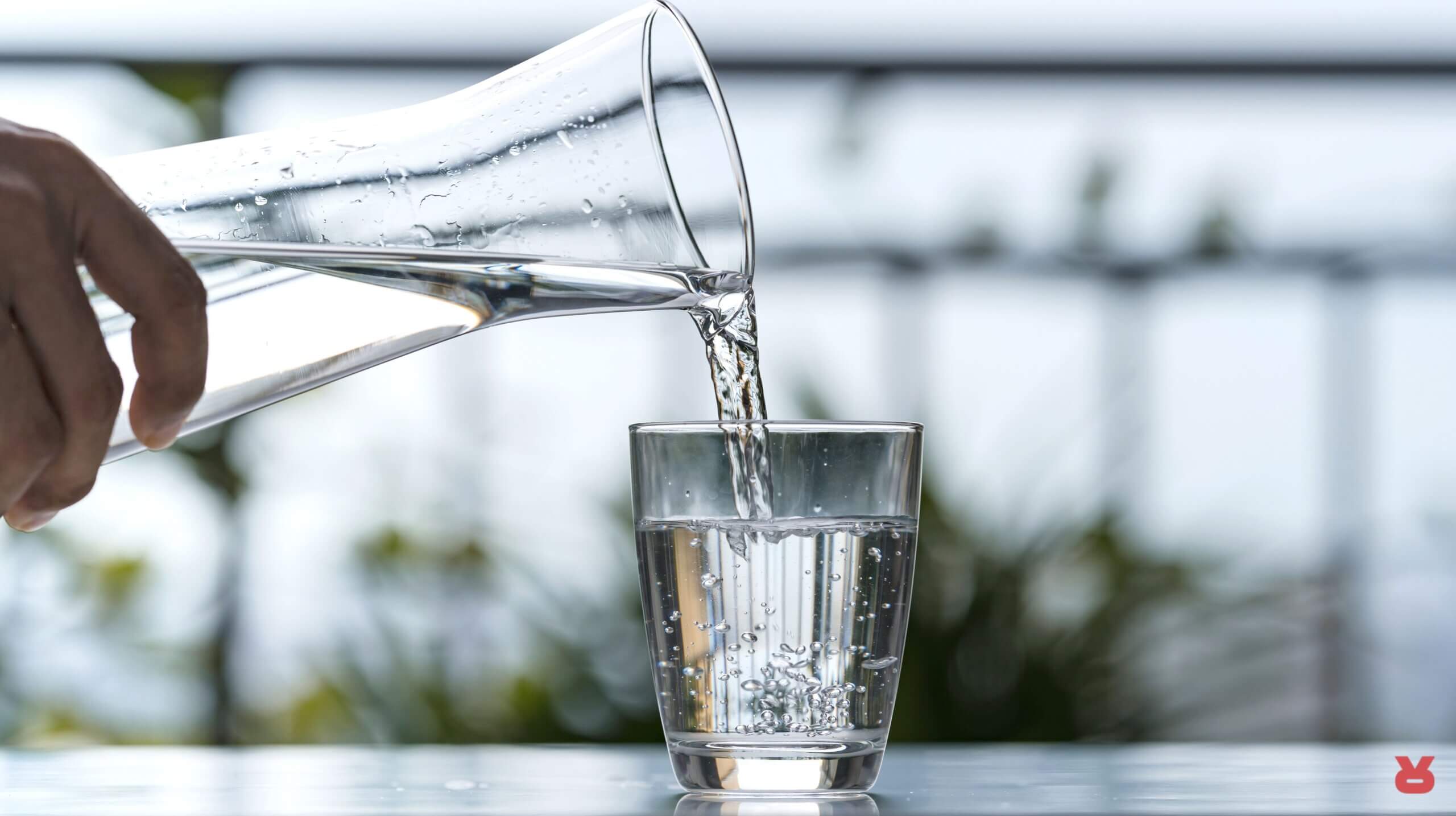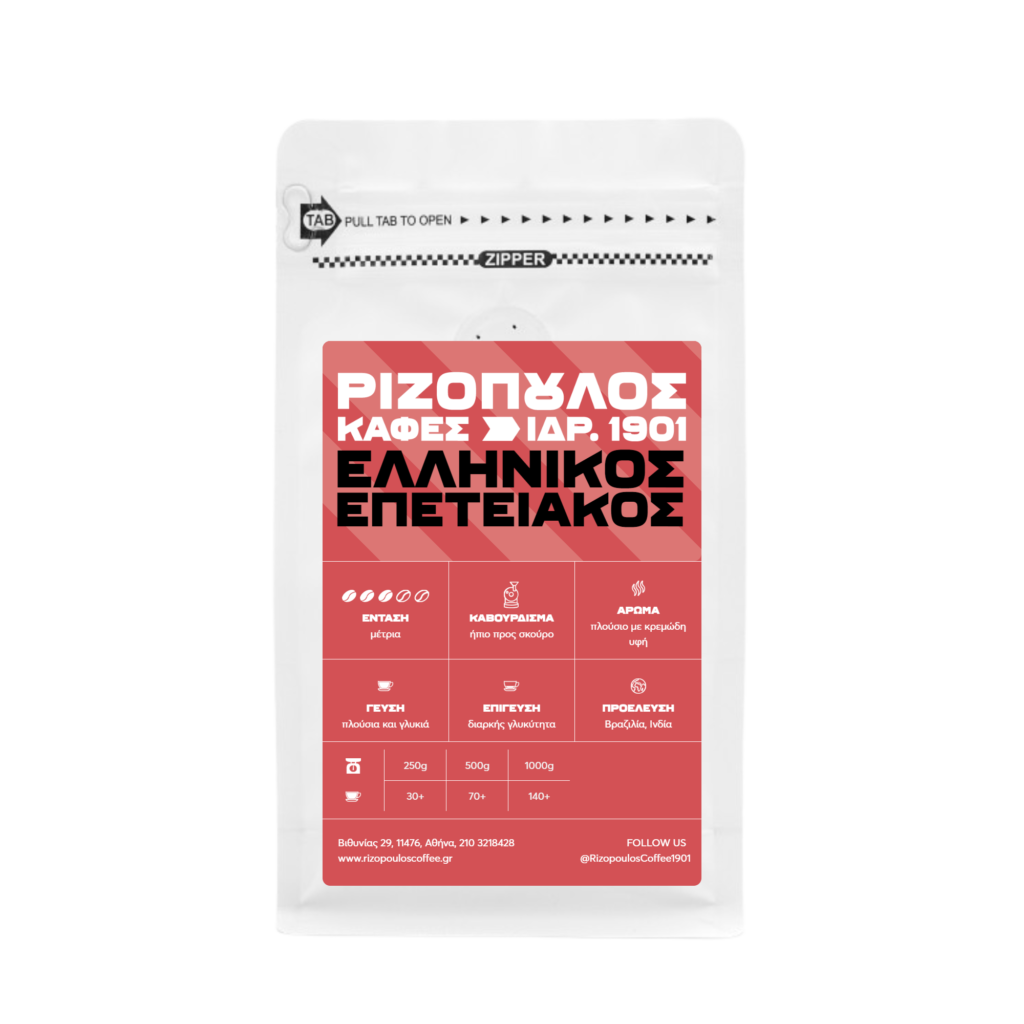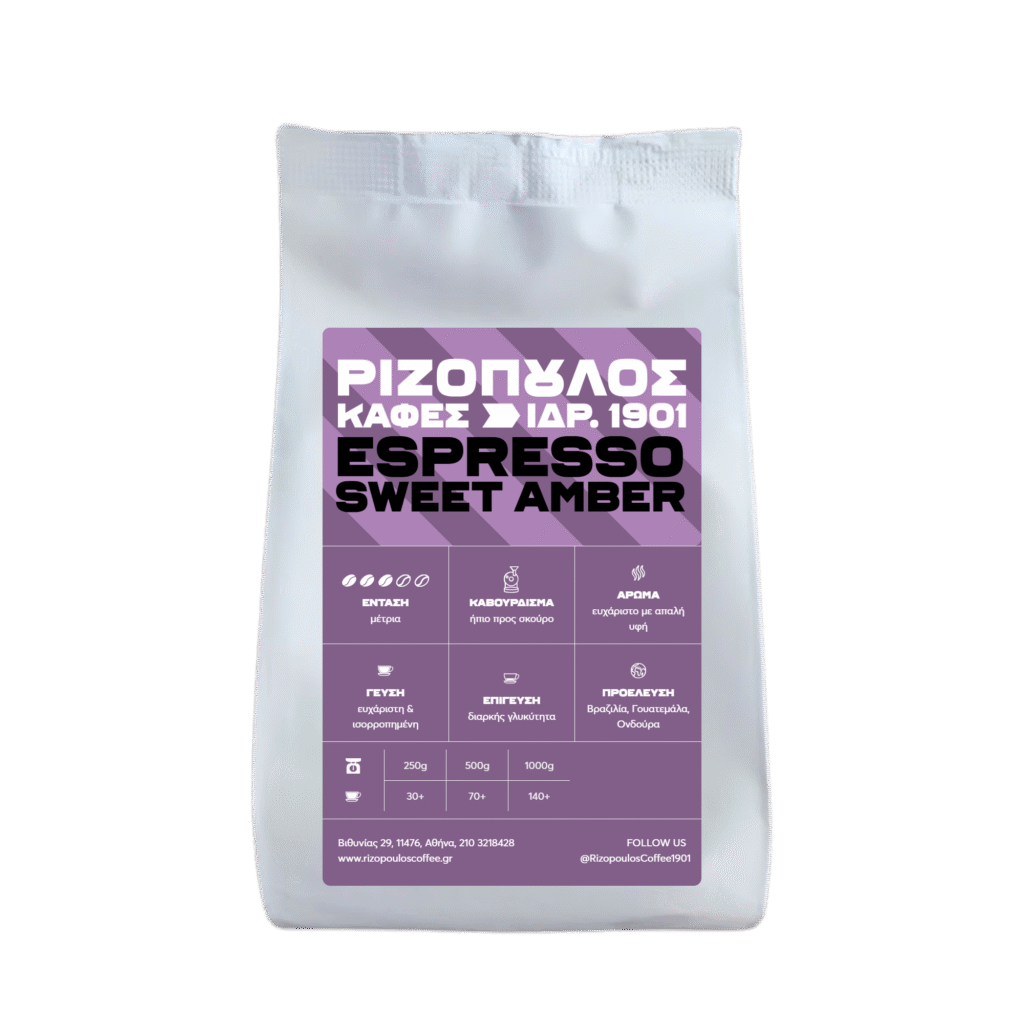- No products in the cart.
The importance of water in coffee quality
Coffee is made up of approximately 98% water. The quality of that water directly impacts flavor, aroma, and balance in every cup. Even the highest-quality coffee beans can lose their potential if brewed with poor or unbalanced water.
How water composition affects your coffee
Water dissolves coffee’s soluble compounds—oils, sugars, acids—during extraction. The presence of unwanted minerals or substances can interfere with this process and negatively affect the taste.
- Hard water: High in calcium and magnesium, which can cause bitterness and reduce aroma clarity.
- Soft water: Low in minerals, allowing coffee flavors to shine. However, overly soft water can make coffee taste too acidic or flat.
- Chlorine and impurities: Common in tap water, chlorine adds metallic or chemical notes that mask coffee’s natural taste.

The best water for brewing coffee
For the best cup, use filtered or bottled water with balanced mineral content. Ideal water hardness is between 50–150 ppm, and the pH should be close to neutral (6.5–7.5).
Water temperature and coffee extraction
Water temperature directly affects the extraction of coffee flavor:
- Too hot (>95°C / 203°F): Over-extraction and bitterness.
- Too cold (<85°C / 185°F): Under-extraction, leading to weak, sour coffee.
The optimal brewing temperature is between 90°C and 95°C (194–203°F). For Greek coffee, cold water is added to the briki and gradually heated with the coffee for even extraction.

Coffee-to-water ratio: How much should you use?
The correct ratio of coffee to water is essential for achieving ideal strength and taste. Here’s a practical guide:
| Coffee type | Coffee | Water |
|---|---|---|
| Greek coffee | 1 tsp (7 g) | 70–80 ml |
| Espresso (Single) | 7–9 g | 25–30 ml |
| Espresso (Double) | 14–18 g | 50–60 ml |
| Americano | 1 part espresso | 2–3 parts hot water |
| Cappuccino | 30 ml espresso | 90 ml milk |
| Latte | 30 ml espresso | 150–180 ml milk |
| Filter coffee | 10–12 g | 180–200 ml |
| Cold Brew | 100 g (coarse grind) | 500 ml cold water |
Following these ratios ensures balanced flavor, aroma, and strength for every brewing method.

Water as an accompaniment to coffee
In Greek tradition, coffee is always served with a glass of water. This ritual serves multiple purposes:
- Palate cleansing: Enhances coffee flavor by removing residual tastes.
- Hydration: Offsets the mild diuretic effect of caffeine.
- Flavor balance: Especially helpful with strong coffees like espresso or Greek coffee.
Serving water with coffee is a key part of Greek hospitality, offering a more complete and enjoyable experience.
Conclusion
Water quality matters just as much as coffee quality. Whether you’re brewing Greek coffee, espresso, or filter coffee, the right water, temperature, and coffee-to-water ratio make all the difference. Pay attention to your water, and enjoy a consistently rich and flavorful cup every time.
Greek coffee “Anniversary blend”
Anniversary Greek coffee with rich froth, intense sweetness, and distinctive aroma.
- Intensity: classic
- Roasting: Medium to dark
- Taste: rich & sweet
- Aroma: rich with creamy texture
- Aftertaste: lasting sweetness
- Origin: Brazil, India
- Blend: Arabica, Robusta
Χρήση: Με 500γρ. καφέ μπορείς να φτιάξεις 70+ καφέδες
Espresso Sweet Amber
Rizopoulo’s Espresso Sweet Amber has a sweet taste and a playful aftertaste.
- Intensity: classic
- Roasting: Medium to dark
- Taste: pleasant & mild
- Aroma: pleasant with soft texture
- Aftertaste: lasting sweetness
- Origin: Brazil, Guatemala, Honduras
- Blend: 100% Arabica
Espresso Sweet Amber is made from the freshest and finest Arabica varieties from Brazil, Guatemala, and Honduras. Every time you enjoy a cup of espresso Sweet Amber, you experience the perfect balance of sweetness and intensity. A rich blend that takes you to exotic destinations with every sip.



